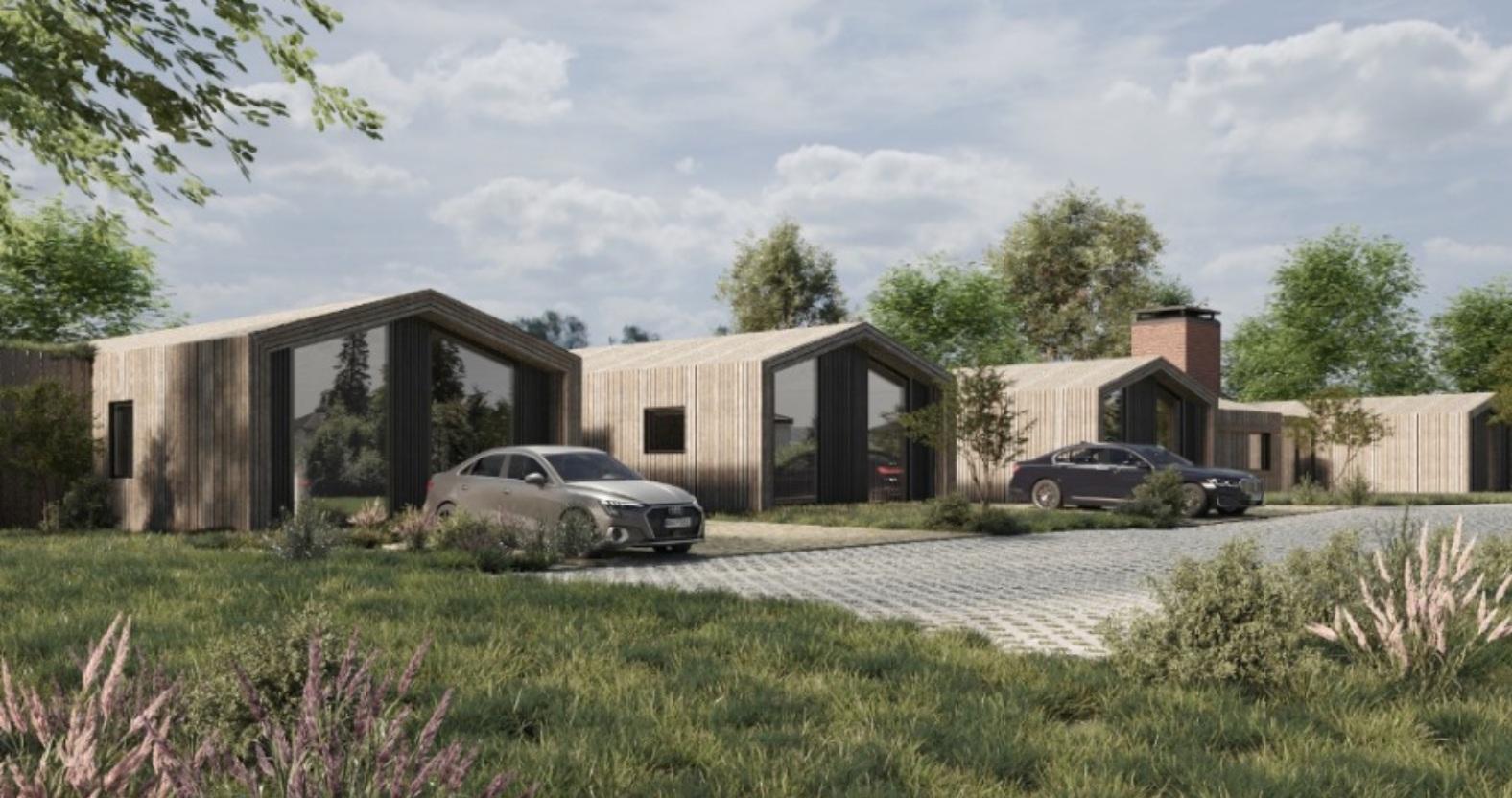Subscribe to trusted local news
In a time of both misinformation and too much information, quality journalism is more crucial than ever. By subscribing, you can help us get the story right.
- Subscription costs less than £1 a week with an annual plan.
Already a subscriber? Log in here.
23
Jan
Developers appeal housing plan refusal at former prisoner of war camp near Harrogate

Developers have appealed a decision to refuse plans for a housing scheme on a former Second World War prisoner of war camp in Kirk Deighton.
The site off the A168 to the north of the village was known as Camp 53 during the conflict and initially housed Italian prisoners of war.
A joint planning application by Astrum Planning, EDG Residential and Mr Anthony Alton, proposed to demolish five hostel structures at the former camp to build three modern homes in their place.
A brick water tower on site would have been retained and the homes would use the original footprint, form and materials of the buildings at the site.
However, in June last year, North Yorkshire Council rejected the plans on the grounds that the scheme would represent an encroachment of open countryside and that it would damage the “historic social narrative of the site”.

The current site at the former prisoner of war camp in Kirk Deighton.
A previous bid for five houses on the site was refused in 2017 and dismissed on appeal.
Now, the developers have taken the latest decision to the government’s Planning Inspectorate, which deals with planning disputes.
In a statement of case, the developers said the scheme would help to “secure the legacy” of the site which could be “irrevocably lost”.
It said:
It is our position that the appeal scheme would secure the legacy of the site, which will fall into ruin and could be irrevocably lost without such a scheme.
The site is already at risk from anti-social behaviour and presence of asbestos, which is a health and safety risk to intruders who are vandalising the buildings, despite protective measures.
Its redevelopment would enhance the immediate site and the surrounding area, alongside a number of public benefits which outweigh the loss of the existing structures (excluding the water tower) and perceived landscape impact.
A government planning inspector will make a decision on the proposal at a later date.
History of the camp
The camp in Kirk Deighton was used to house Italian prisoners of war during the Second World War following the success of the North Africa campaign.
More than 2,000 Italian POWs arrived in Britain in August 1941 and it was the intention to use them for ditching and drainage work, as well as general agricultural labour.
The Kirk Deighton camp is reported to have been built in either 1943 or 1944 to serve a larger principal base camp at Scriven.
It was one of several sites in Yorkshire which housed prisoners of war.
According to a heritage statement submitted as part of the appeal, the camp consisted of a cookhouse, a dining room, a water brick tower and accommodation huts.
Later in the war, German prisoners of war were sent to the Kirk Deighton site.
The camp was used by POWs until 1948 when the last soldiers were repatriated. it was later used for farm storage.
1